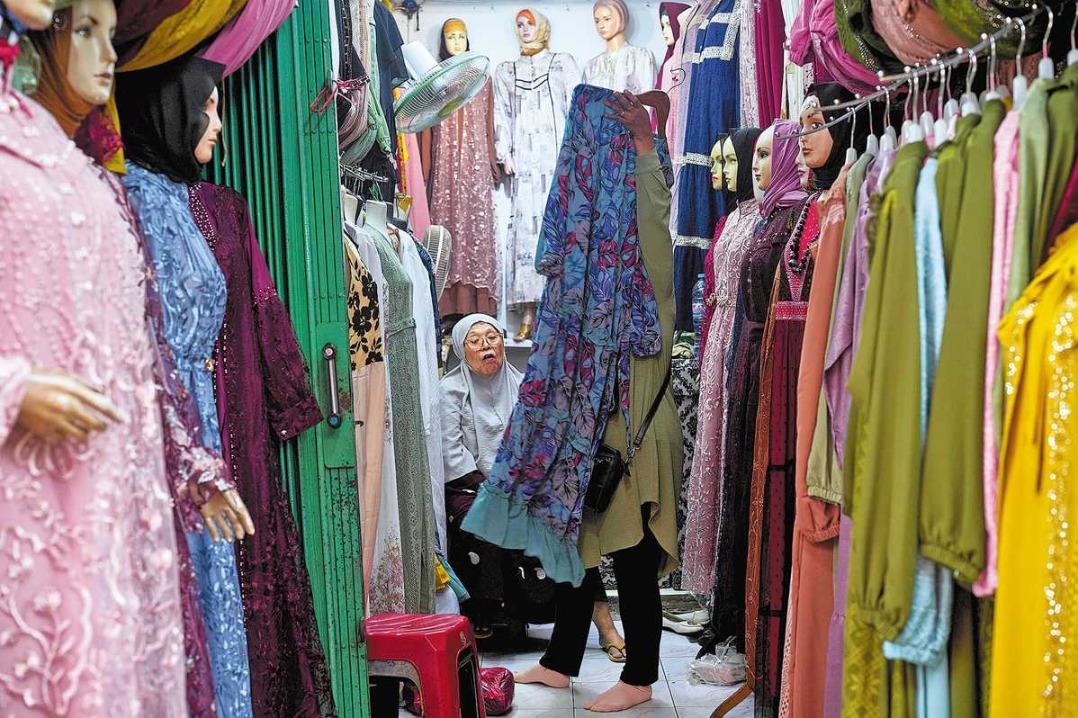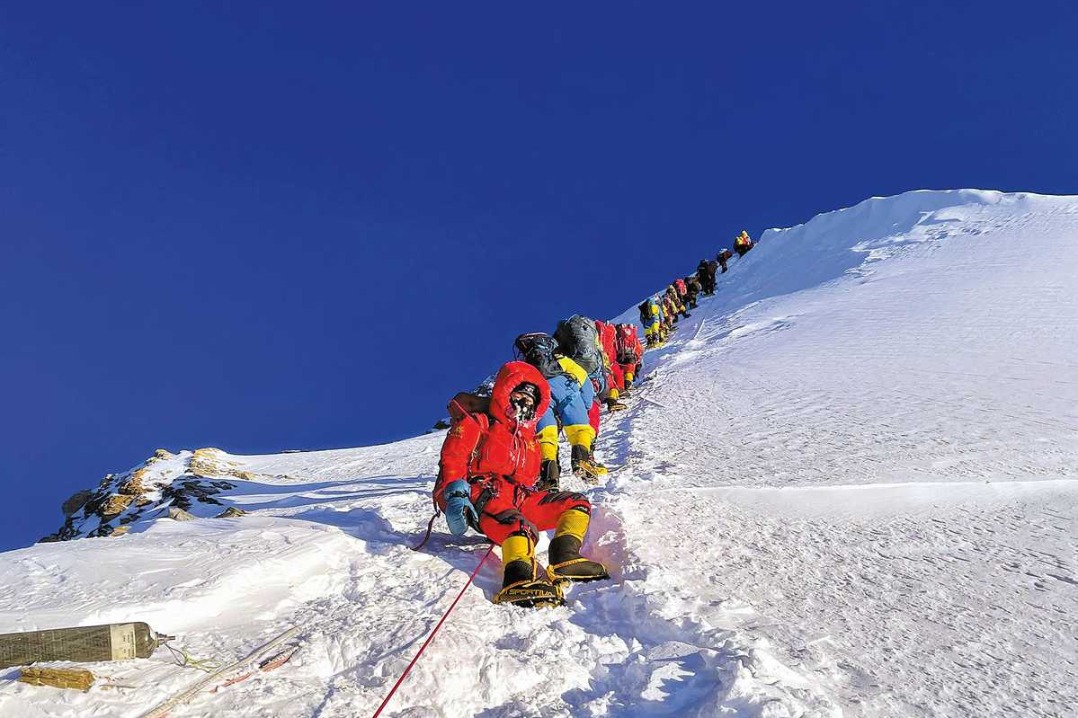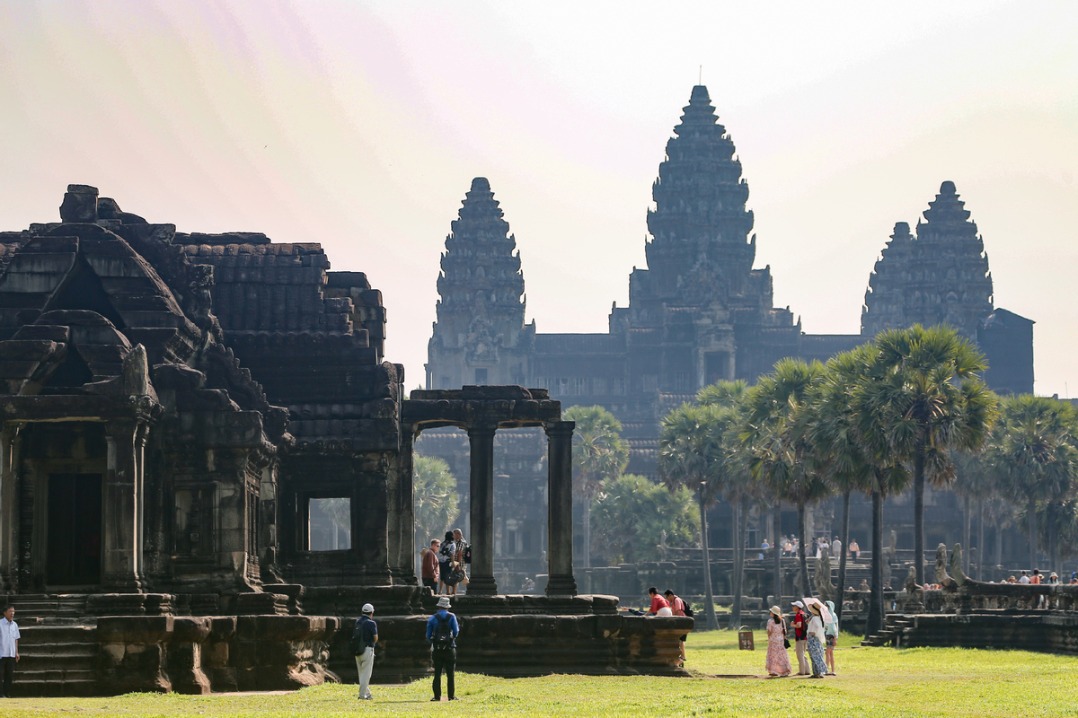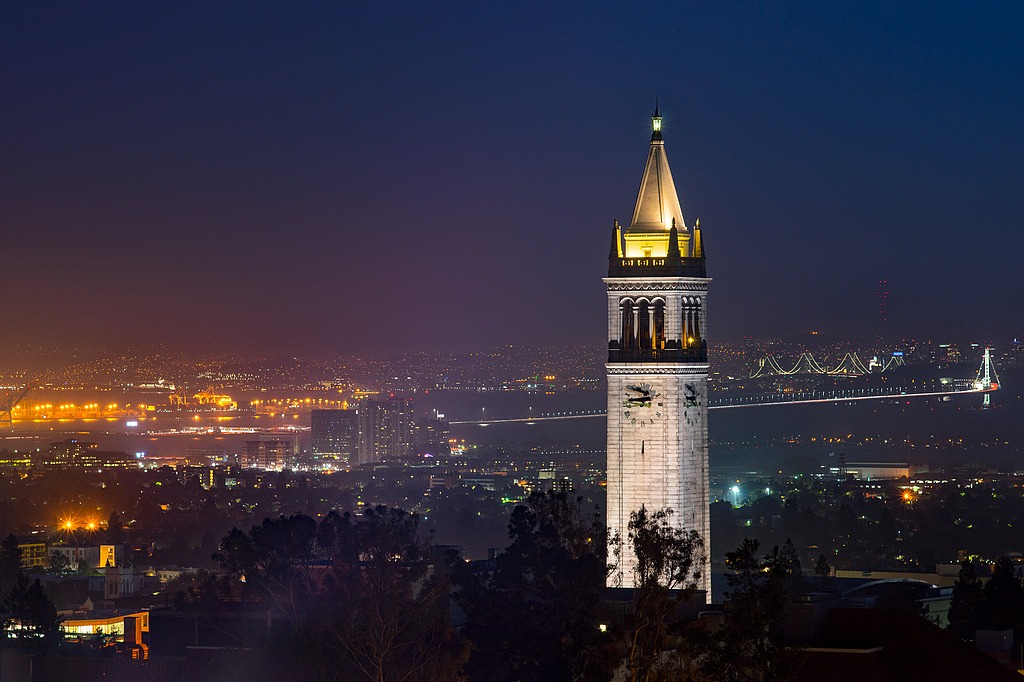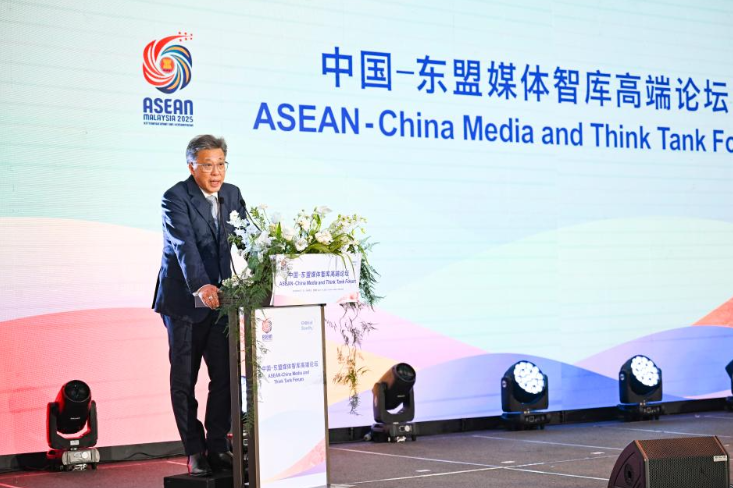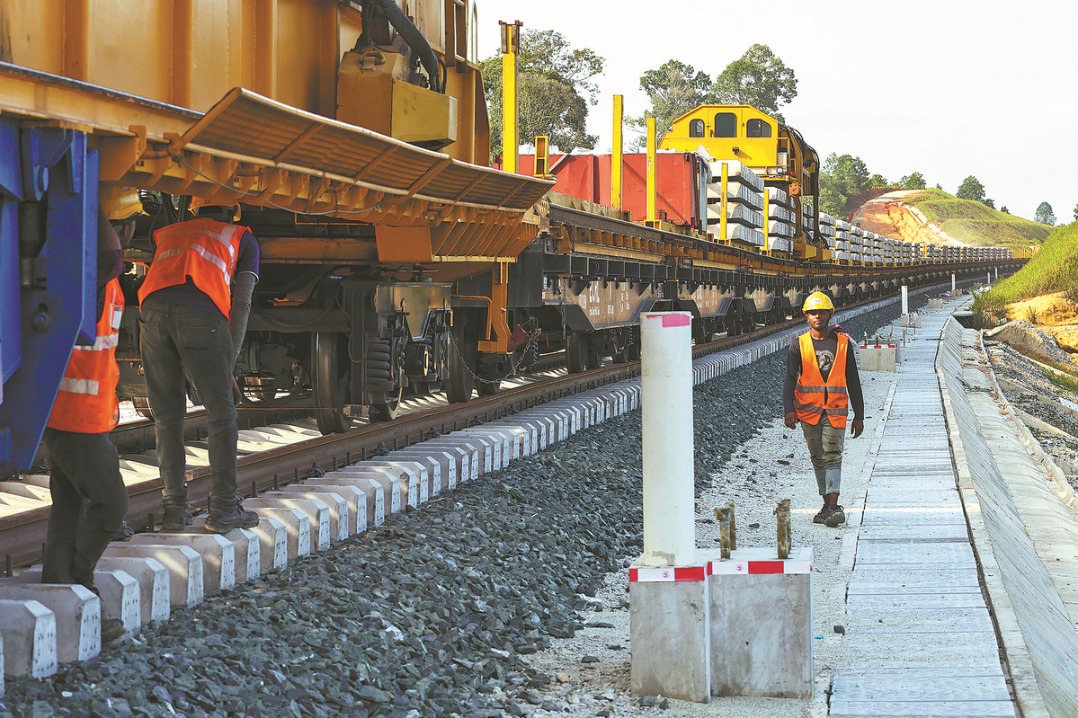Peak race
Climbers rush for Qomolangma permits before fees go up

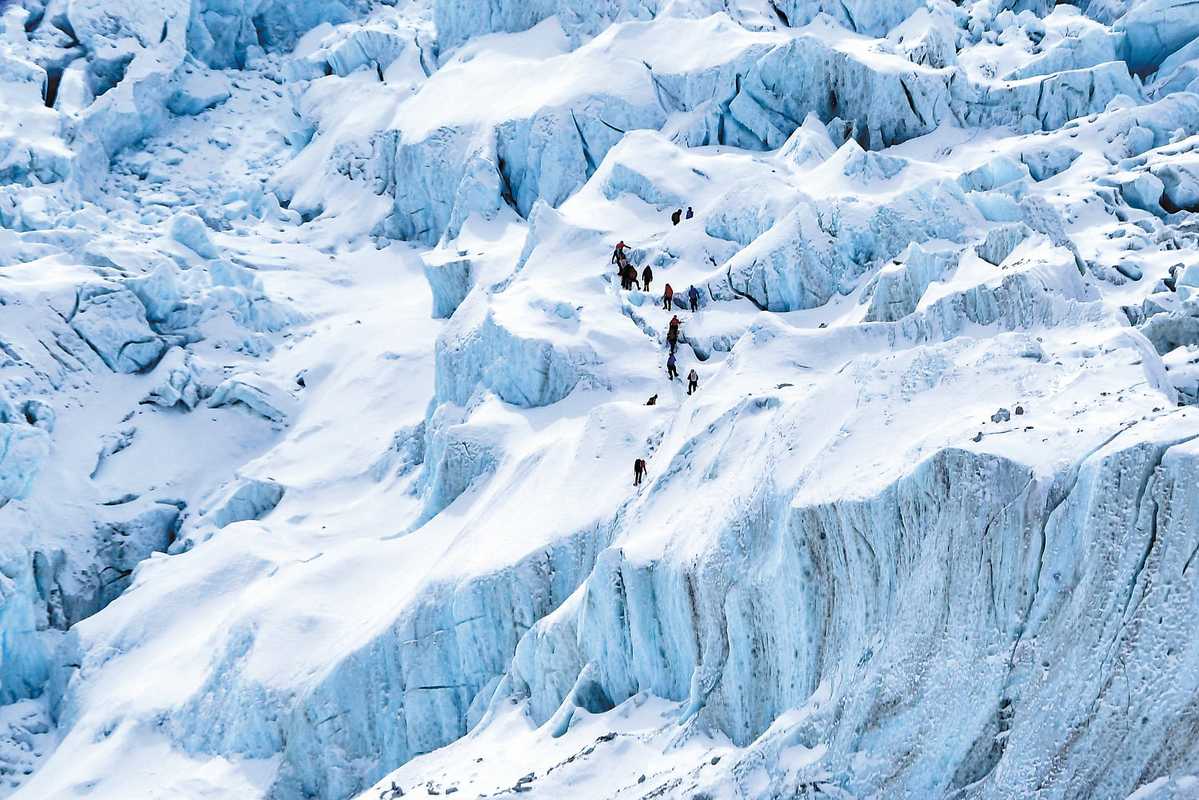
Dambar Parajuli, president of the Expedition Operator's Association of Nepal, is optimistic about the season.
"Given the ongoing issuance of climbing permits, we expect a better-than-expected season," he said. However, he noted that high airfare remains a limiting factor.
But he believes the rising costs will not discourage serious climbers. "A climber who has been preparing for a year might delay the climb by a year or two, but Everest's allure is timeless, regardless of expense," said Parajuli.
Beyond government regulations, the Sagarmatha Pollution Control Committee, or SPCC, which oversees waste management in the Khumbu region, has implemented additional measures starting from the spring climbing season.
Each climber is now required to pay a $600 deposit for the Khumbu Icefall Route fee.
Waste segregation is mandatory at the base camp and higher-altitude camps, with waste sorted into different categories: plastics, paper and cardboard, tin and cans, glass bottles, kitchen waste, batteries and medical waste, and human waste.
Toilet tents are no longer allowed over crevasses at Camp II, and expedition operators must remove all their equipment after the climb.
In spring 2024, the SPCC collected 77 metric tons of waste from Everest Base Camp, with another 9 tons brought down from higher camps by expedition teams, bringing the total to 88 tons.
Of this, 27.99 tons were burnable garbage, 7.51 tons recyclable, 27.53 tons human waste, and 14.15 tons kitchen waste. The Nepal Army assisted by hauling down 11 tons.
This year, Nepal will deploy heavy-lift drones to airlift garbage from Everest, marking the first commercial use of unmanned aerial vehicles in the country's high-altitude regions.
In addition, the Khumbu Pasang Lhamu Rural Municipality has introduced a rule requiring climbers to carry personal "poop bags" during their ascent.
Since 1953, nearly 8,900 people have summited the world's highest peak from the Nepal side.
The Kathmandu Post, Nepal
















